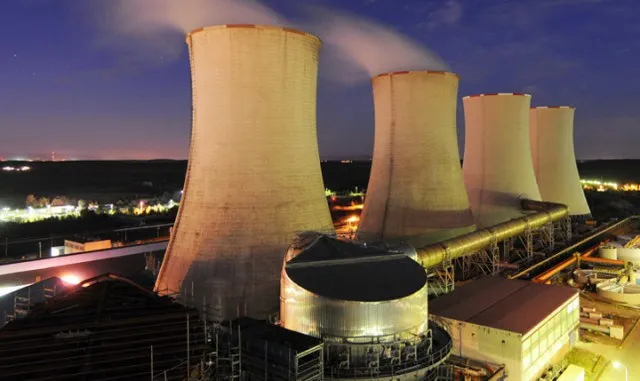Zimbabwe’s power generation is set to decrease further in the coming months as Units 7 and 8 of the Hwange Thermal Power Station, which supply nearly half of the country’s electricity, undergo mandatory Class C maintenance. This will take 600 MW offline just as output from Kariba has dropped to 215 MW.
The country will depend on five operational units at Hwange (1, 2, 3, 4, and 6), many of which are susceptible to failures. Class C maintenance involves more extensive procedures than routine checks, including thorough inspections of critical components and complete overhauls of major equipment like turbines and generators, ensuring they function safely and efficiently.
Gloria Magombo, permanent secretary of the Ministry of Energy and Power Development, noted that Zimbabwe has licensed Independent Power Producer (IPP) projects totaling nearly 2,000 MW in solar energy and 920 MW in coal.
ALSO READ : KMH Considers Funding Reduction for Major Platinum Project
However, most of these projects are stalled due to investors needing a stable environment and government guarantees. Currently, the average winter electricity demand is 2,300 MW, while the supply only reaches about 1,550 MW.
In other news, Mpilo Hospital’s Chief Medical Officer, Dr. Narcisius Dzvanga, criticized both the City of Bulawayo and the Zimbabwe Electricity Supply Authority (ZESA) for not exempting the hospital from ongoing water and electricity cuts.
Dzvanga’s remarks came after a power outage disrupted a visit by U.S. Ambassador Pamela Tremont, who was touring the hospital’s HIV laboratory, supported by the U.S. government.
Due to the blackout, the ambassador was unable to observe the lab equipment in action. Dzvanga mentioned that he had recently reminded the Ministry of Health about the hospital’s request for exemption from these outages.
He emphasized the importance of securing continuous water and electricity supplies for the hospital but noted that while the Bulawayo mayor indicated that uninterrupted water supply could be arranged, ZESA stated that providing consistent electricity would be more challenging.
Dzvanga further revealed that Mpilo Hospital has a solar farm capable of powering the entire facility, but a critical cable for connecting the system is still being sourced from Germany. Once installed, the hospital is expected to avoid future power cuts.
ALSO READ : Power Outage Disrupts U.S. Ambassador’s Visit to Mpilo Hospital HIV Lab

For comments, Feedback and Opinions do get in touch with our editor on WhatsApp: +44 7949 297606.
